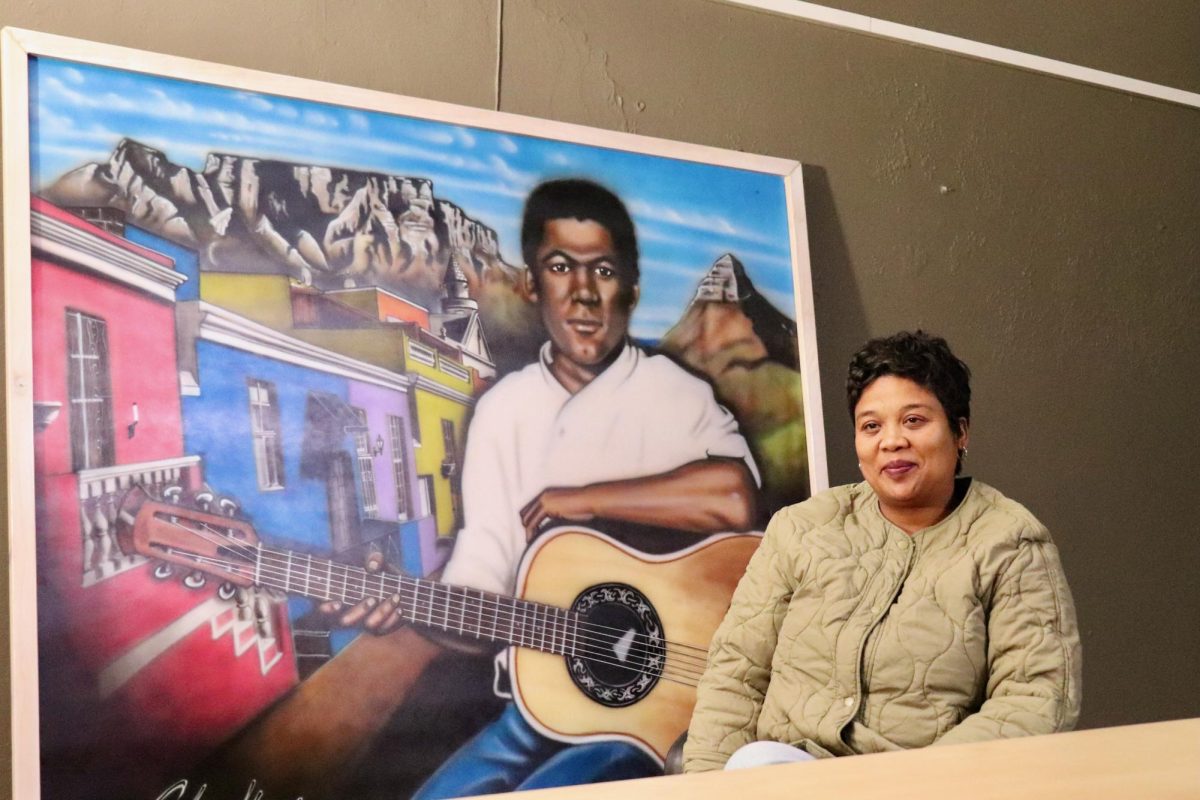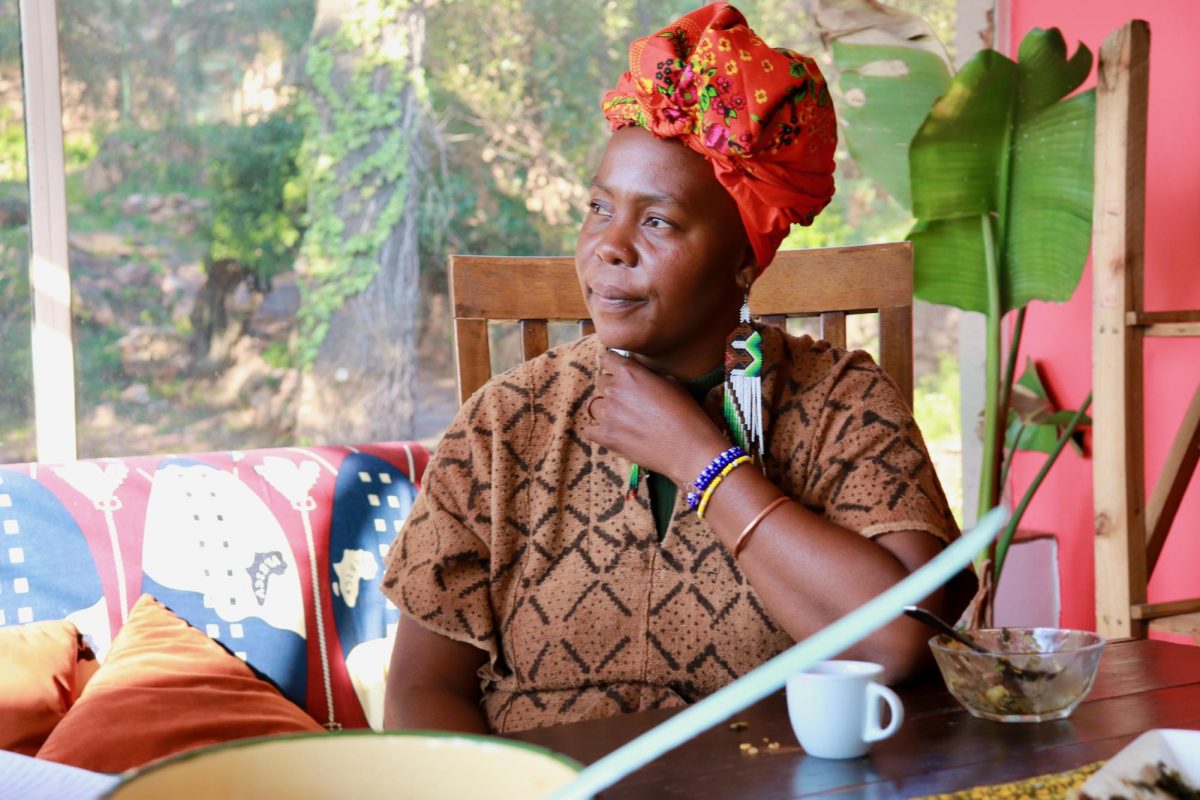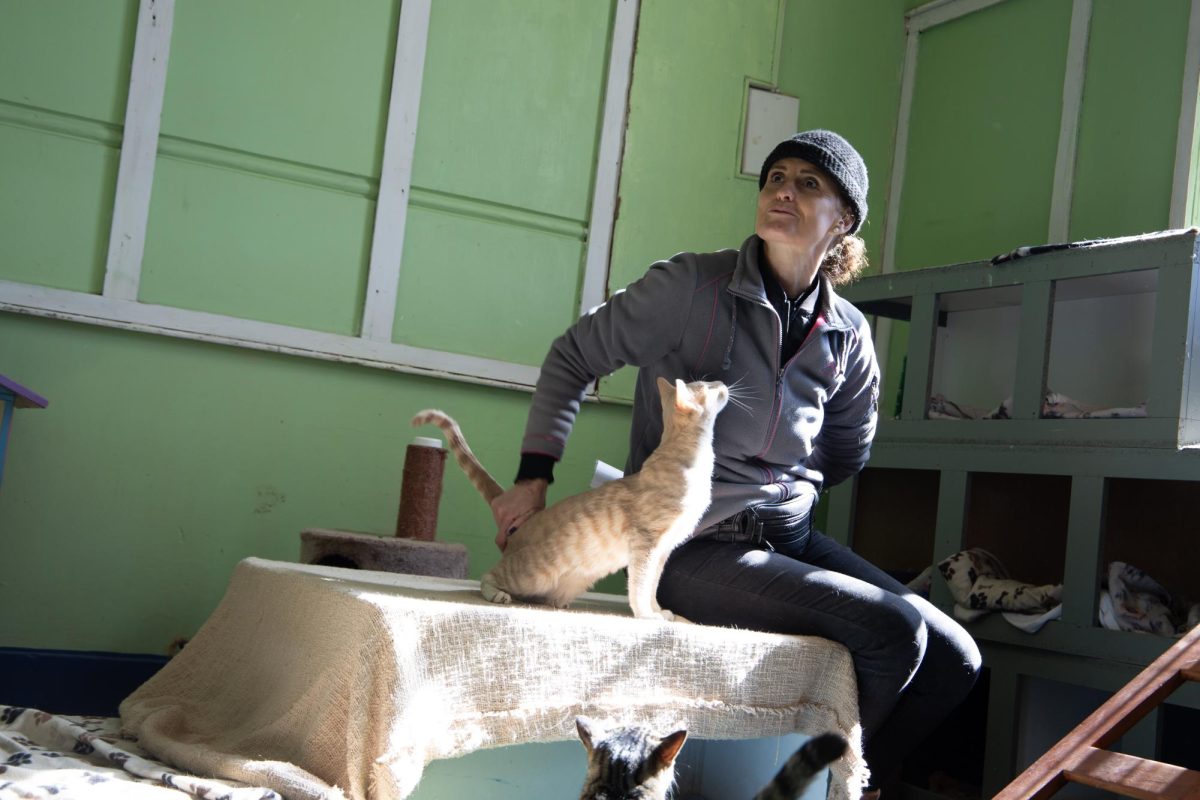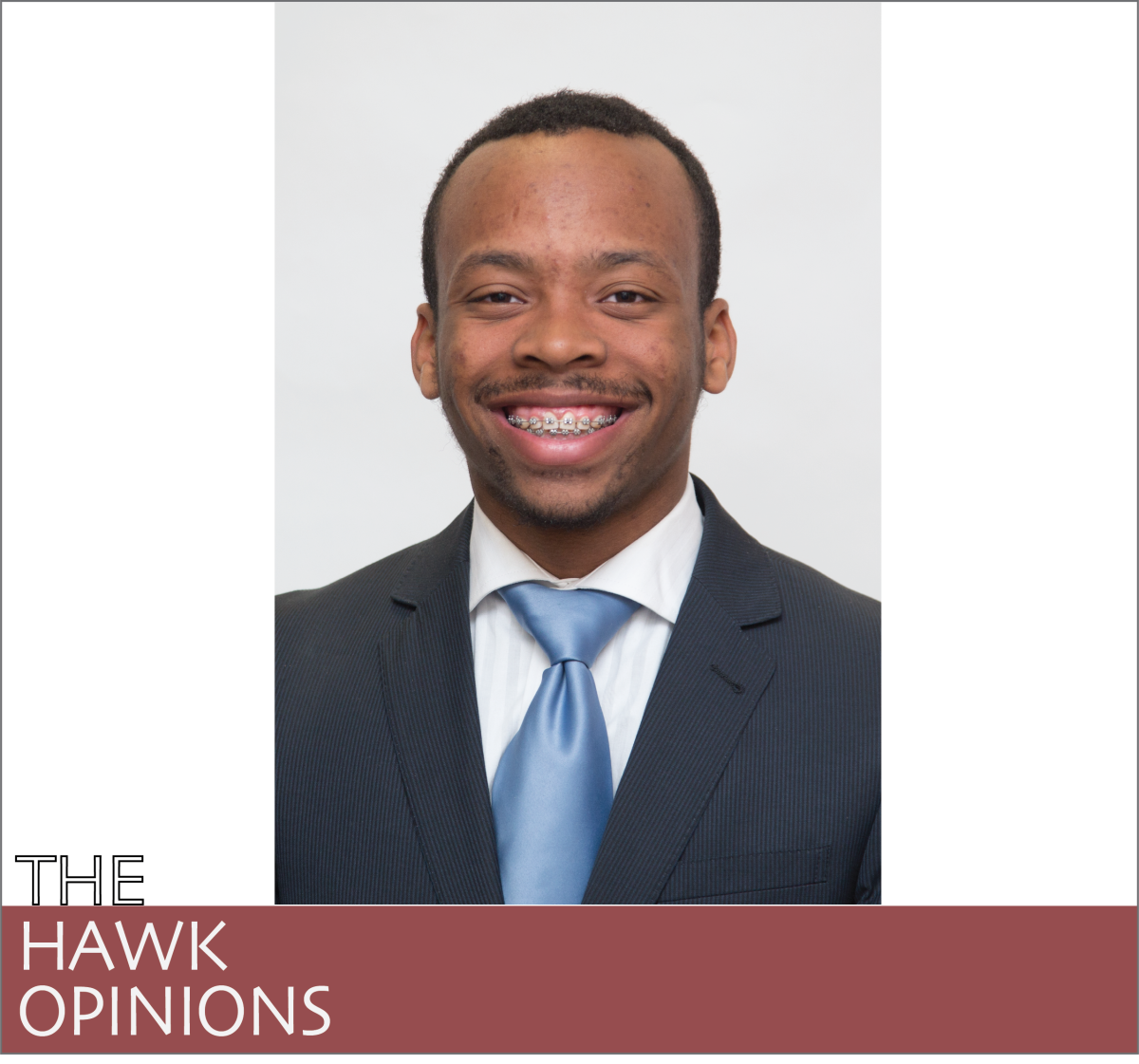Blackness has more than two faces and all of them are valid
The other day, a few of my friends got into argument.
One of my friends referred to themselves and their friends as “the blacks” and another group of my friends as “the other blacks”.
When I heard this, I was honestly appalled and unsure of how to process what I had heard. That friend went on to say how “the blacks” were the ones that everyone liked, who lived the authentic black life and were the kind of black that every black person should try to emulate. Loud, dramatic, extra, angry, petty, natural and dark skinned.
“The other blacks” were described as those who more or less spoke with a certain intonation that some might call “bougie”. These blacks were the ones that were considered part of the elite. They were, in this moment, described as out of touch with the authenticity of blackness.
These are the people with memberships to the Jack and Jill of America; the bougie, well-mannered, disassociated, classist, Uncle-Tom-like, white-acting, hypocritical kind.
This bothers me more than most can imagine. In the world today, there is this constructed dichotomy of blackness that doesn’t seem to allow much room for anything else.
But truthfully, blackness is as multivalent as the black diaspora. There is in fact a complexity of authentic blackness that pushes past the boundaries of this dichotomy but isn’t always easily distinguishable because of circumstances.
We all come from unique backgrounds where, whether consciously or unconsciously, we had to make a choice of how we would live out our best lives to survive in the world we were born into.
For some that meant assimilating into mainstream white normative society because we knew that the color of our skin already othered us enough and we only desired to be accepted for who we are.
Things like straightening our hair even though we dread the amount of time and effort it takes; up-pitching all of our statements that they might sound like questions rather than asserted statements with hopes that our skin tone does not scream louder than our words; code-switching to fit in with what this country has made a distinction between, culture and uncivilized.
For others we had to adapt characteristics that would be seen as stereotypical and age-old. We had to know the language of the hood. Educated or not, if we couldn’t speak it we were deemed sellouts. Both of these are survival mechanisms and an attempt for black and brown people to navigate the world and our culture that sometimes acts as its own alternative world.
In the book “The Souls of Black Folks”, W.E.B DuBois talks about this notion of double-consciousness. He describes this phenomenon as, “this sense of always looking at one’s self through the eyes of others, of measuring one’s soul by the tape of a world that looks on in amused contempt and pity.”
So what is enough? We are othered by the mainstream because of the the color of our skin. Stigmas and stereotypes are mapped onto black bodies regardless of what comes out of our mouths.
Then we are called uppity, told we “talk white” and are deemed out of touch with our heritage by other blacks. Or we are called ratchet, told we “talk ghetto” and it is suggested that we are not good enough for where we might be.
Many black people struggle inwardly with this constant negotiation of who we are and at what point we can fully be that person. Black people are in a never-ending war within and outside their community.
Society tells us that we can be two kinds of black. Either we conform like our parents and grandparents were forced to do so we can avoid making waves which keeps us bound in our circumstance. Or we live “authentically”. But with that option, we have little to no room for development and growth beyond the stereotypes.
I think it is one thing for mainstream society and media to portray us as only two extremes, but for us to exacerbate our own situation by putting each other down with these same thoughts is heartbreaking.
Those who play into this bifurcation of blackness will continue to tear our community apart. Why should any of us be forced to believe that there is only the Barack Obamas or the Lil Uzis. Our blackness is far more rich and vibrant to bind ourselves into this bipolarization.
The most challenging obstacle here is breaking this vicious cycle. With internal and external influences, people often point at the household for solutions.
I, however, believe that there is just as much accountability for those in the household as those outside to change the narrative surrounding blackness. And I refuse to let anyone get off easy on this one.







































